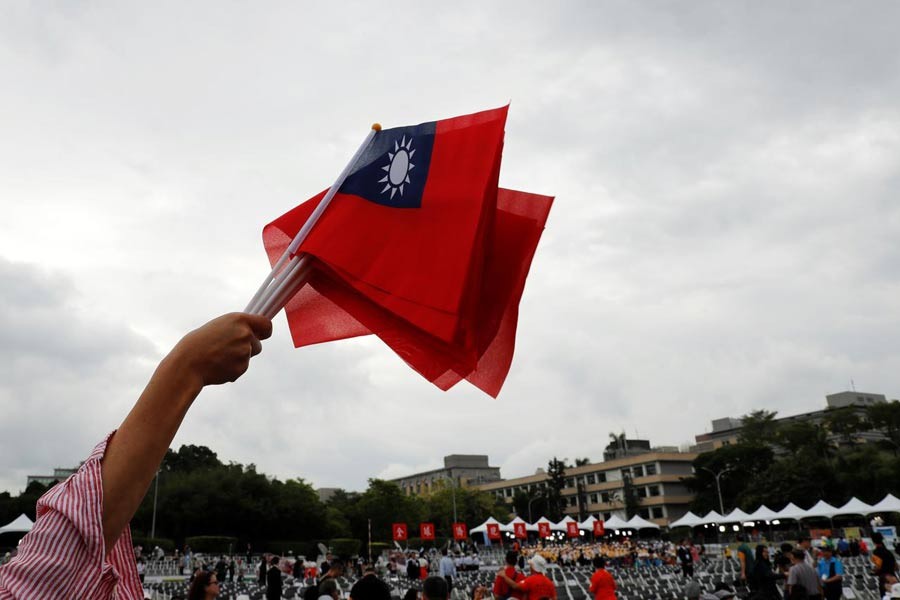Chinese has advised Indian media not to violate the ‘One China’ principle and not to address Taiwan as a country after publication of advertisements on Taiwan’s national day on Saturday by leading Indian newspapers.
“Regarding the so-called forthcoming ‘National Day of Taiwan’, the Chinese Embassy in India would like to remind our media friends that there is only one China in the world, and the Government of the People’s Republic of China is the sole legitimate government representing the whole of China,” the embassy said on Wednesday.
“We hope Indian media can stick to Indian government’s position on Taiwan question and do not violate the ‘One China’ principle, reports Reuters.
“In particular, Taiwan shall not be referred to as a ‘country (nation)’ or ‘Republic of China’ or the leader of China’s Taiwan region as ‘President’, so as not to send the wrong signals to the general public.”
Coming just months after deadly clashes between Indian and Chinese troops on the disputed Himalayan border between the two Asian giants, the controversy has flared at a time when Indian sentiments toward China are filled with antipathy and suspicion.
Leading Indian newspapers published advertisements of Taiwan’s government to mark the democratic, Chinese-claimed island’s national day on Saturday. The advertisement carried a photograph of President Tsai Ing-wen and hailed India, a fellow democracy, as a natural partner of Taiwan.
China, which claims Taiwan and regards it as a wayward province, made its displeasure evident in an e-mail sent by its embassy on Wednesday night to journalists in India.
Taiwan Foreign Minister Joseph Wu scoffed at Beijing’s advice to Indian media.
“India is the largest democracy on Earth with a vibrant press & freedom-loving people. But it looks like communist #China is hoping to march into the subcontinent by imposing censorship. #Taiwan’s Indian friends will have one reply: GET LOST!” he said in a tweet.
New Delhi has no formal diplomatic relations with Taipei, but both sides have close business and cultural ties.
India’s government has carefully avoided upsetting China over Taiwan. But relations became fraught after 20 Indian soldiers were killed in a clash with Chinese troops in June, and there have been calls from some Indian nationalist groups for a boycott of Chinese goods.
“The Chinese government behaves like a street goon, not like an aspiring super-power. It threatens us,” said Nitin Gokhale, the editor of a defence and security website, after receiving the Chinese embassy’s email.
An audience waving Taiwanese flags during the National Day celebrations in Taipei two years ago –Reuters file photo


